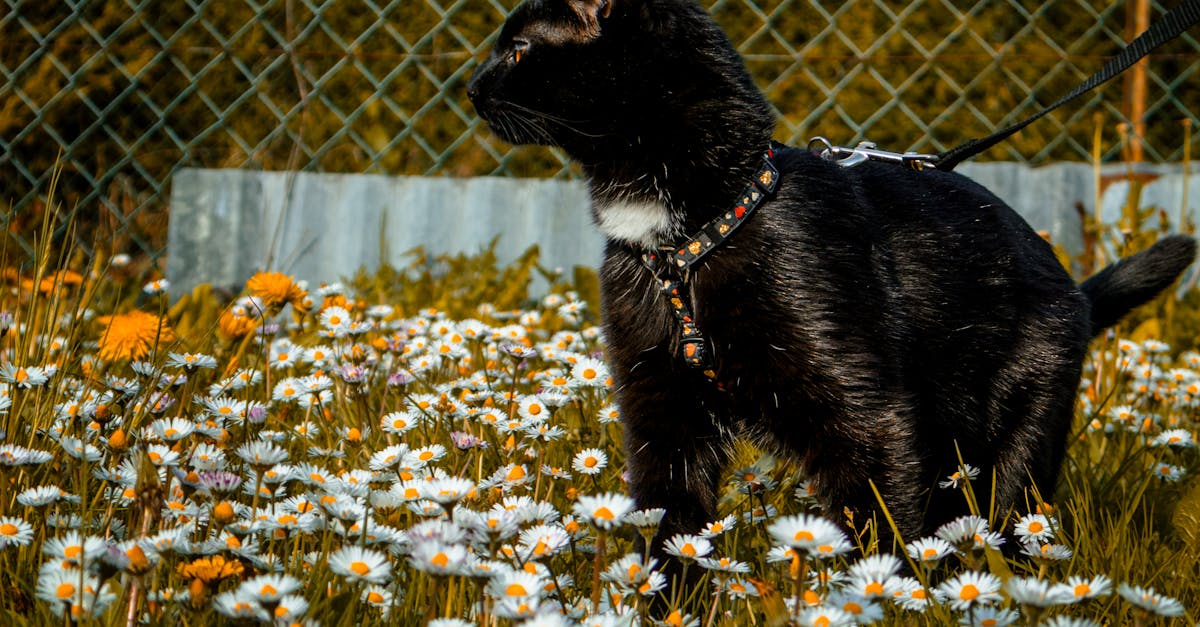As cats age, their needs and health risks change, just like ours do. Many pet owners wonder when their feline friend is considered a senior and what that means for their care. Understanding your cat's life stage can help you provide the right support to keep them healthy and happy for as long as possible.
🩺 Vet Recommendations
In general, a cat is considered a senior between the ages of 7 and 10. This classification varies depending on the individual cat’s health, breed, and lifestyle. Just like people, cats age at different rates. A healthy 10-year-old cat who gets regular vet check-ups and proper nutrition might act younger than their years, while another cat may show signs of aging earlier.
As your cat enters their senior years, their body undergoes subtle changes. These changes can include slower metabolism, reduced activity levels, and an increased risk of certain health issues. Regular veterinary care during this stage is critical to catch potential problems early and maintain your cat's quality of life.
📋 Care Tips
Caring for a senior cat requires paying closer attention to their physical and emotional needs. Here are some practical tips to ensure your aging feline stays comfortable and healthy:
- Schedule regular vet visits at least once a year, or twice a year for cats over 10 years old.
- Monitor their weight closely; both weight gain and weight loss can indicate underlying health issues.
- Provide a high-quality, senior-specific diet that supports joint health, digestion, and kidney function.
- Keep their environment low-stress by maintaining a predictable routine.
- Offer soft bedding and easy-to-reach resting spots for comfort.
- Encourage gentle play and activity to maintain mobility and mental stimulation.
Adjusting your cat’s care as they age can help prevent common senior cat issues like arthritis, dental disease, and kidney problems.
✅ Do’s and Don’ts
When caring for a senior cat, some practices can make a big difference in their overall well-being. Here’s a quick list of do’s and don’ts to guide you:
- Do keep their litter box clean and easily accessible, especially if they have mobility issues.
- Do brush their coat regularly to prevent matting and monitor for skin changes.
- Do watch for signs of pain, such as hiding, limping, or reduced appetite.
- Don’t ignore changes in behavior or habits, as they can indicate health problems.
- Don’t delay veterinary care if you notice unusual symptoms like vomiting, weight loss, or increased thirst.
- Don’t assume your cat is "just getting old"—many age-related issues can be managed or treated with veterinary care.
By following these guidelines, you can help your cat age gracefully and stay comfortable as they move through their senior years.
💡 Expert Advice
One of the best ways to support your senior cat is to stay informed about their changing needs. Many health conditions common in older cats, such as kidney disease or hyperthyroidism, can be managed effectively with early detection and treatment. Regular bloodwork and wellness exams are invaluable tools for catching these issues before they become severe.
Additionally, consider enriching your cat’s environment with puzzle feeders, interactive toys, or safe access to windows for birdwatching. Mental stimulation is just as important as physical health for senior cats. If you’re unsure about the best care practices for your aging feline, a trusted veterinarian can provide tailored advice based on your cat’s unique needs.
FAQs
Q: How can I tell if my cat is aging normally?
A: Normal signs of aging in cats include reduced activity, graying fur, and sleeping more. However, excessive weight loss, difficulty jumping, or changes in litter box habits may indicate a health issue that needs veterinary attention.
Q: Should I switch my senior cat to a special diet?
A: Yes, many senior cats benefit from diets designed to support aging joints, kidney health, and digestion. Consult your vet to choose the best option for your cat’s specific needs.
Book a $49 online vet consultation at https://www.dialavet.com for fast, expert advice.























